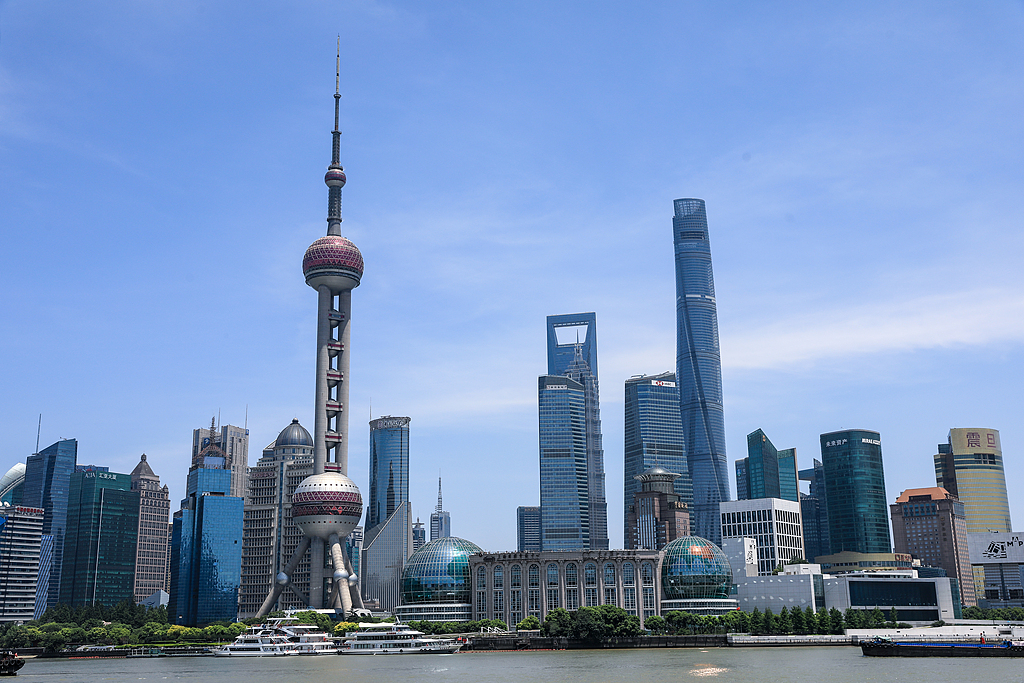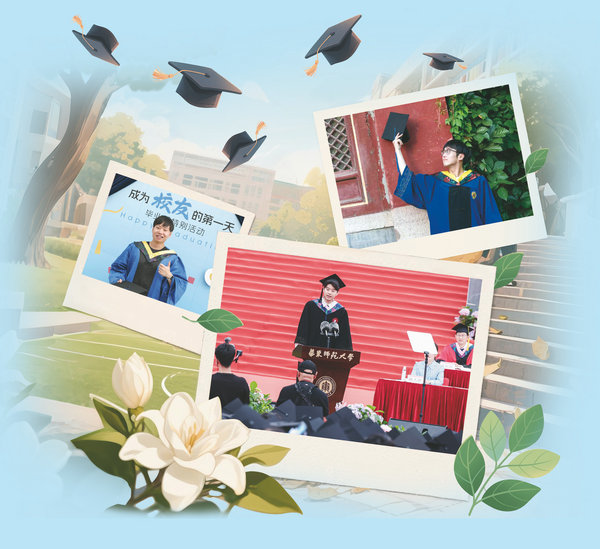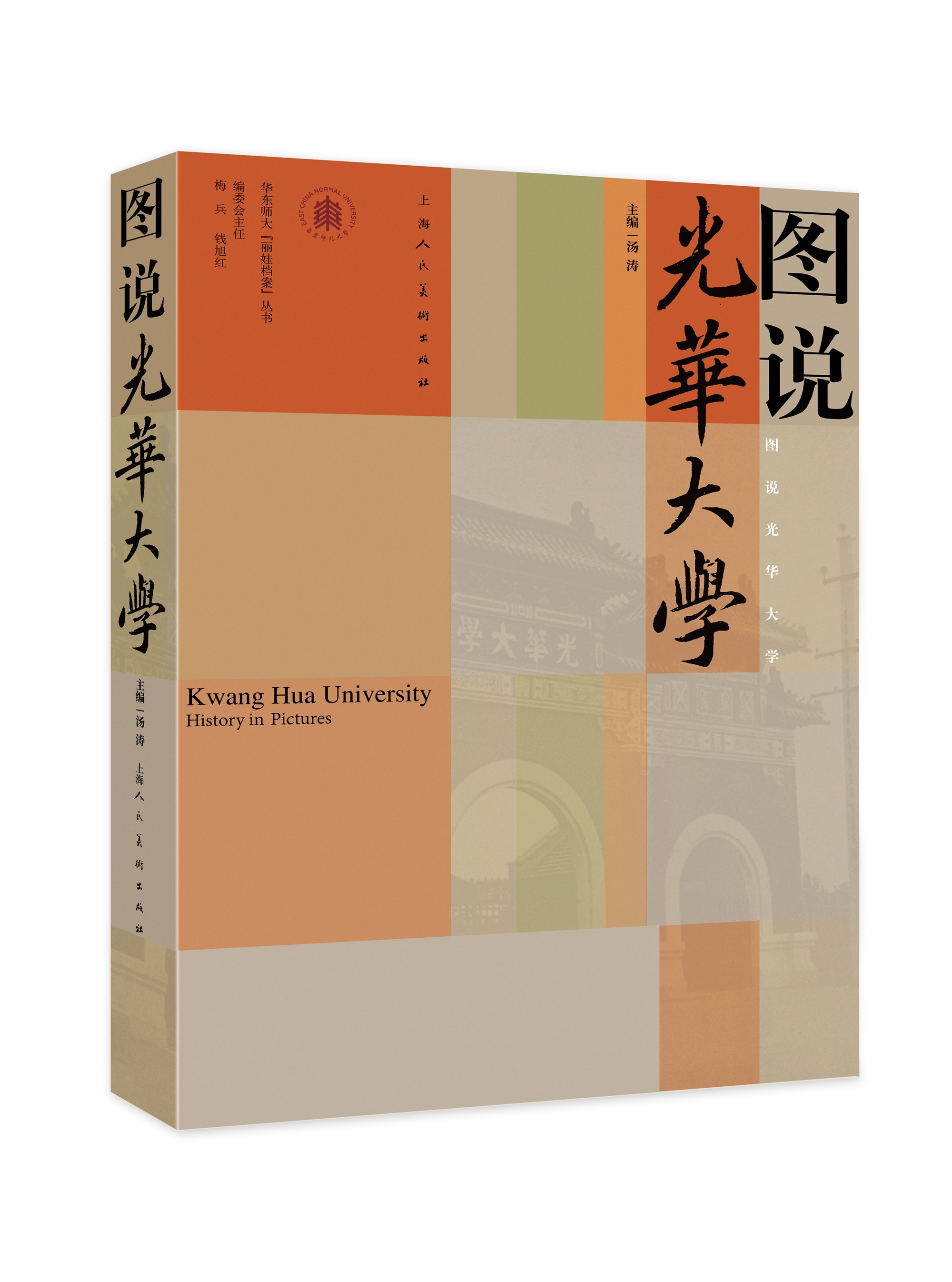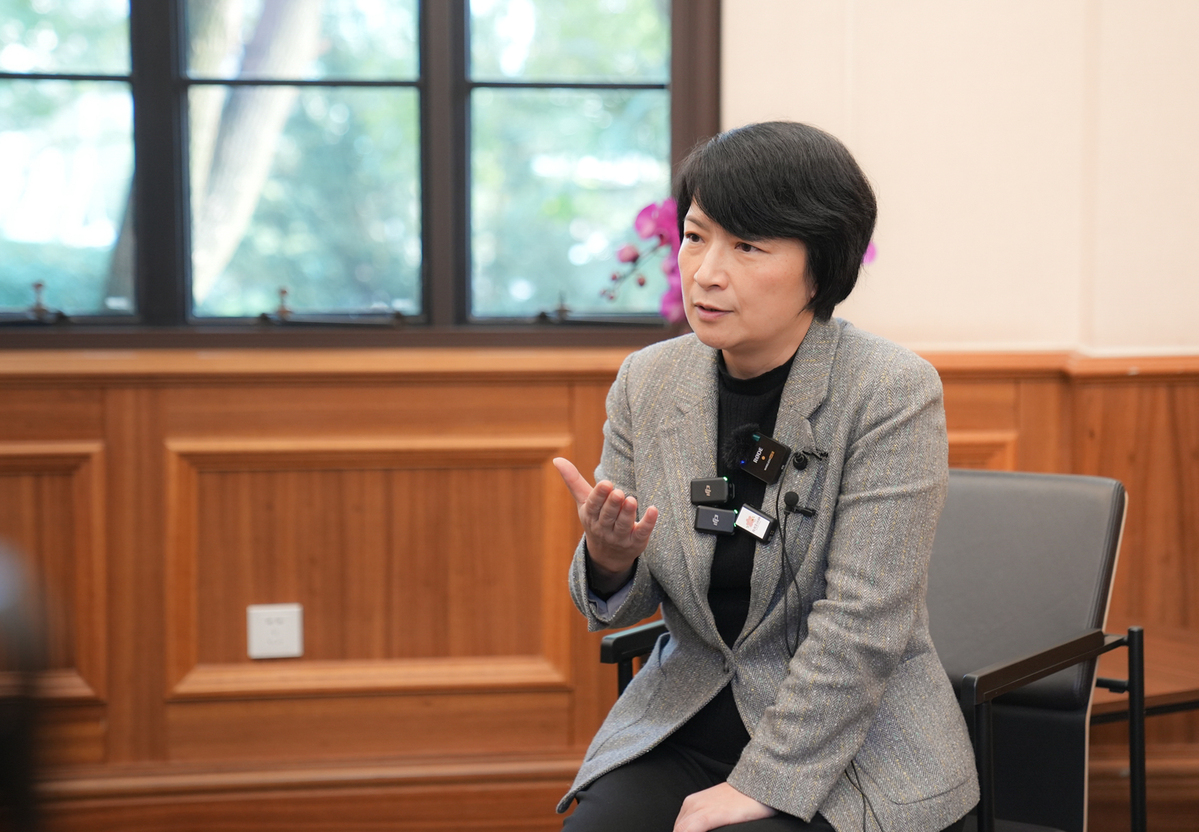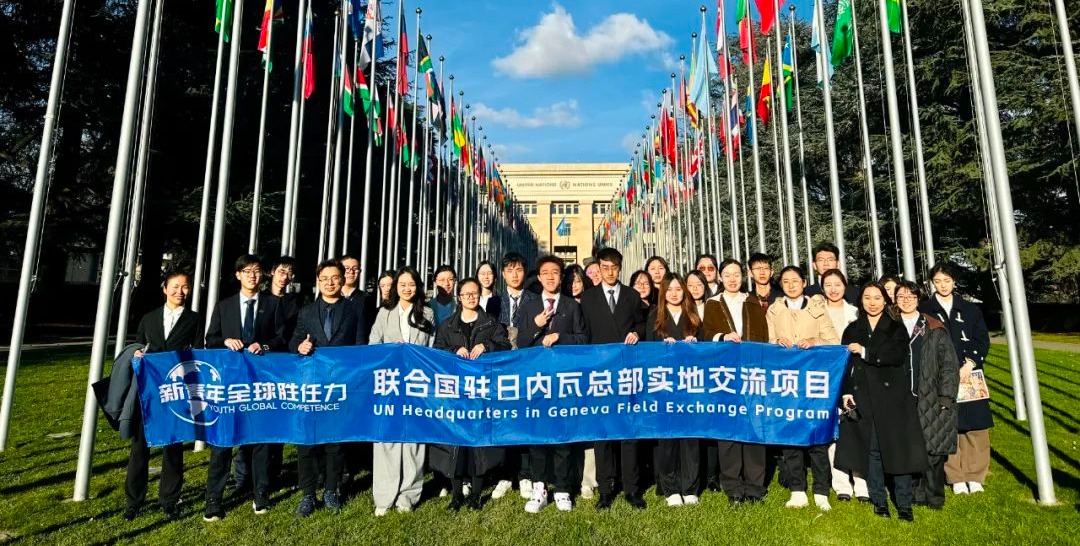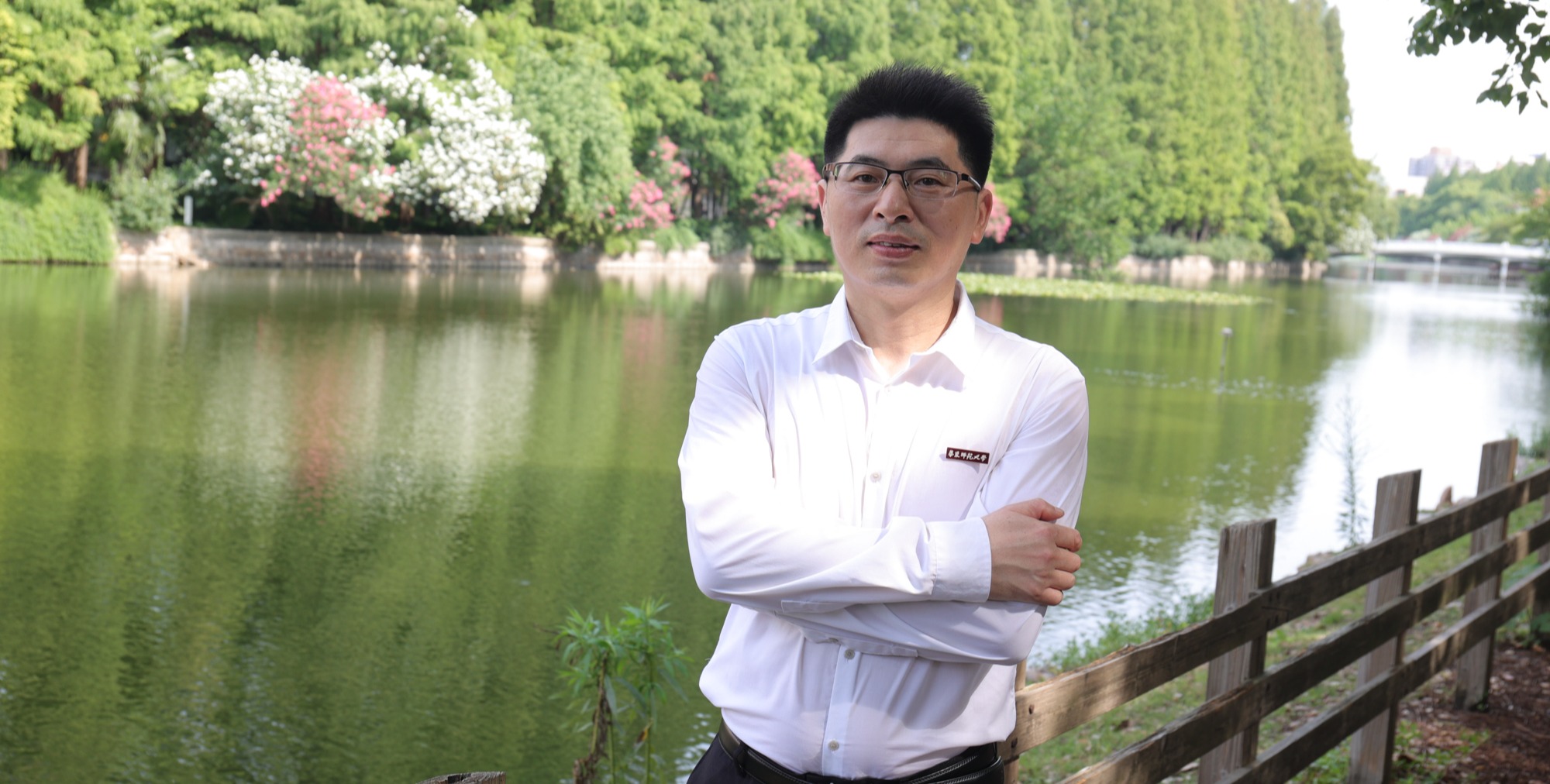One of the biggest unknowns facing many international students in China is their lack of knowledge about China’s rural countryside. On September 28, a team of ECNU faculty led a group of 34 international students from 15 countries, including the United States, France, Japan, South Korea, Singapore, Pakistan, Thailand, Kazakhstan and Myanmar, on a trip to Xinqiao Township of Jingjiang City, Jiangsu Province.
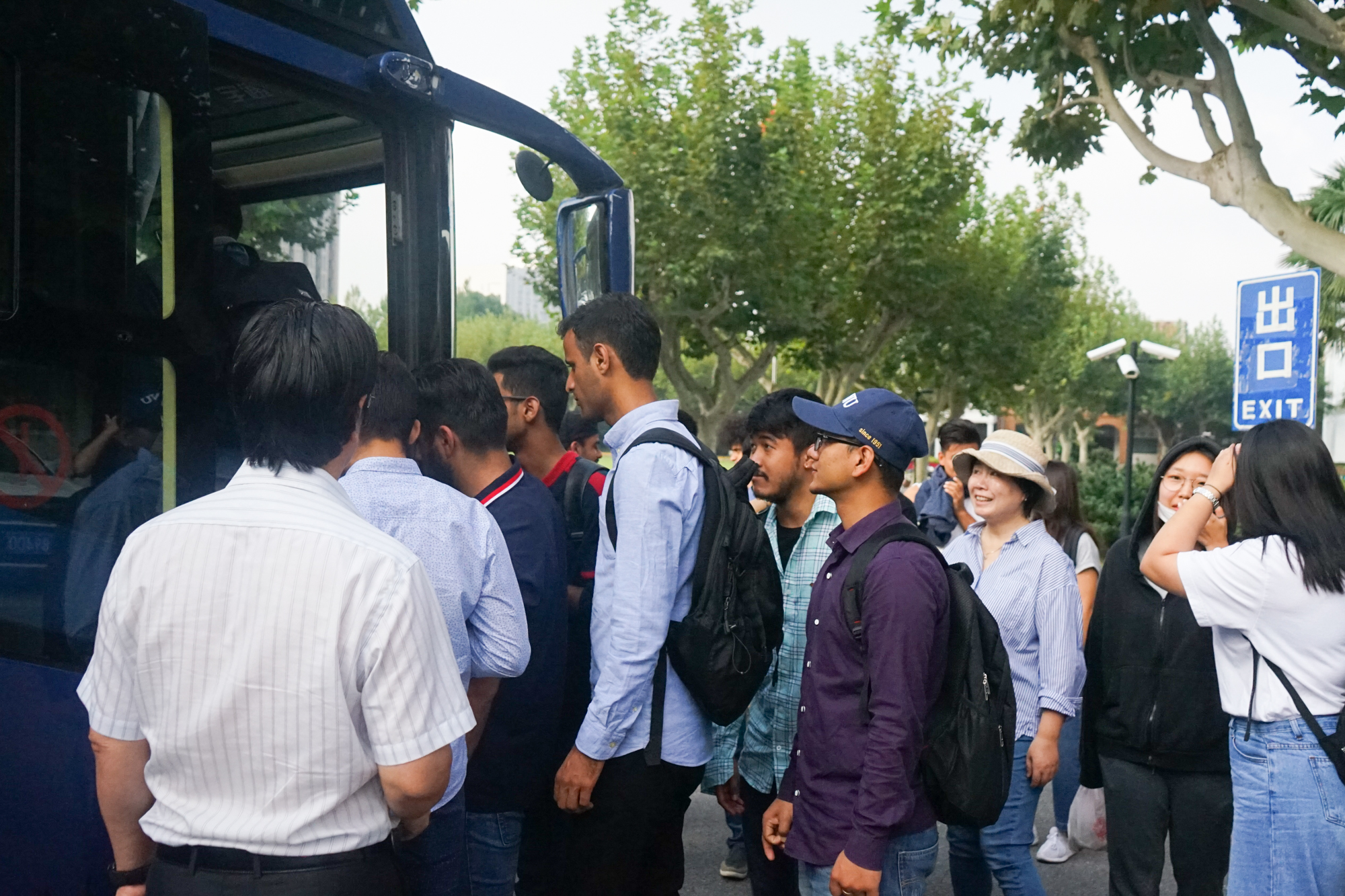
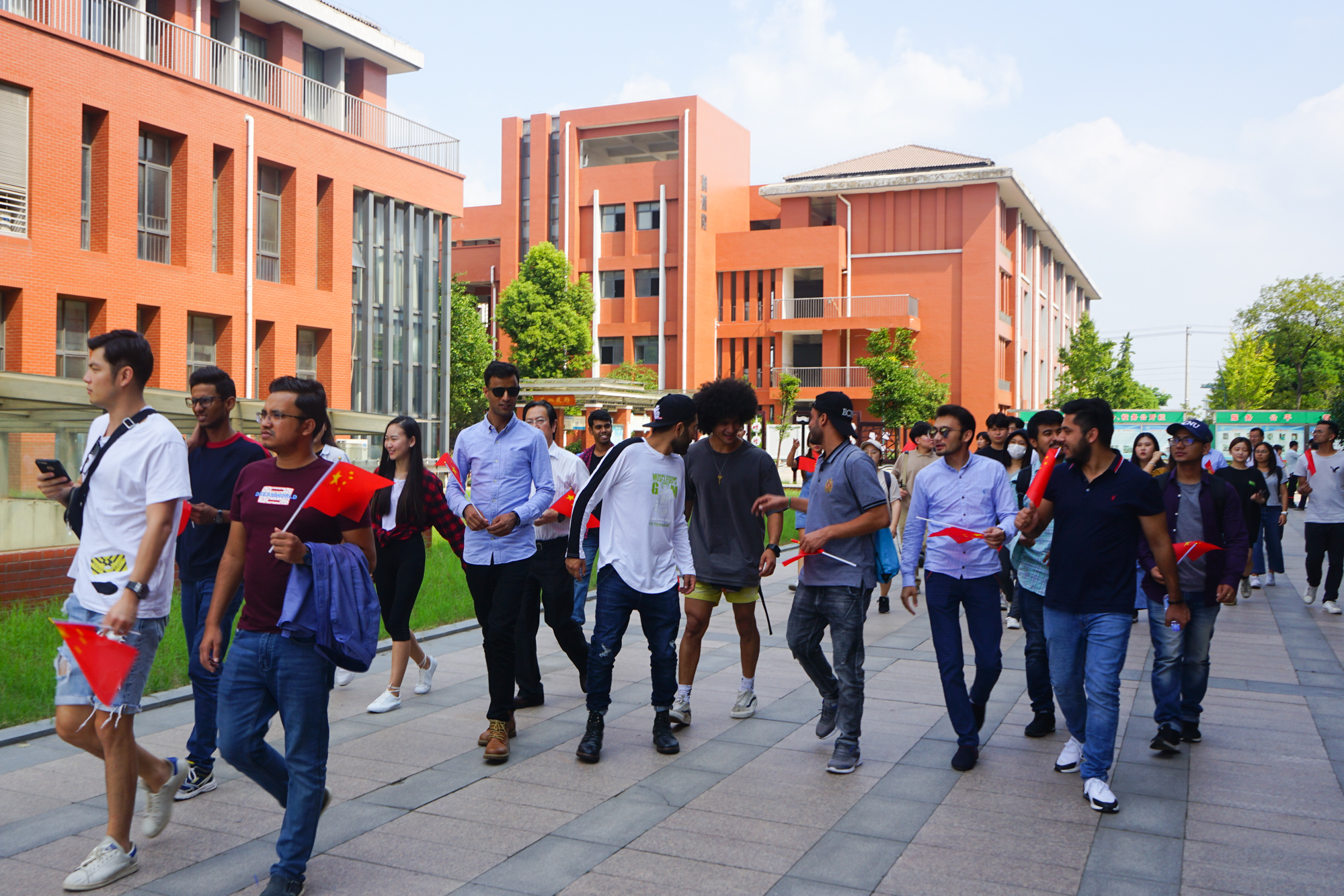
A group of 34 international students visit Xinqiao Experimental School.
The trip to Xinqiao was organized by ECNU’s School of Social Science Education as part of its China Stories course. Customized for international students, the course aims to increase the practical learning aspects of Marxism with lifestyles in China’s rural communities.
Making the first stop at Xinqiao Experimental School, the students witnessed some brand-new buildings, state-of-the-art labs, neat classrooms, and sporting grounds. But they were most impressed by what they learned about China's 9-year compulsory education policy, which enables students over six-year-old to enjoy free education at both primary and secondary schools.
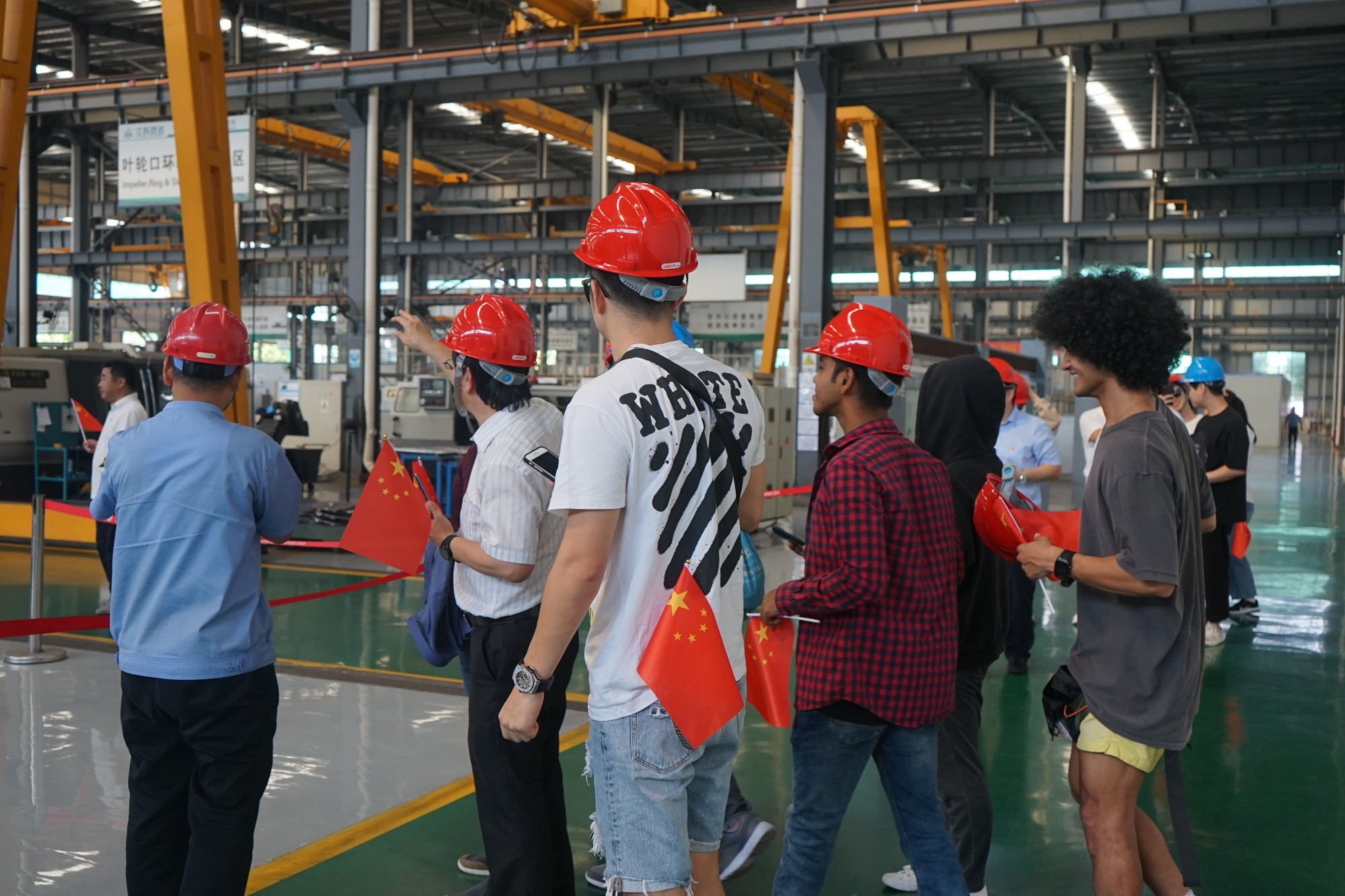
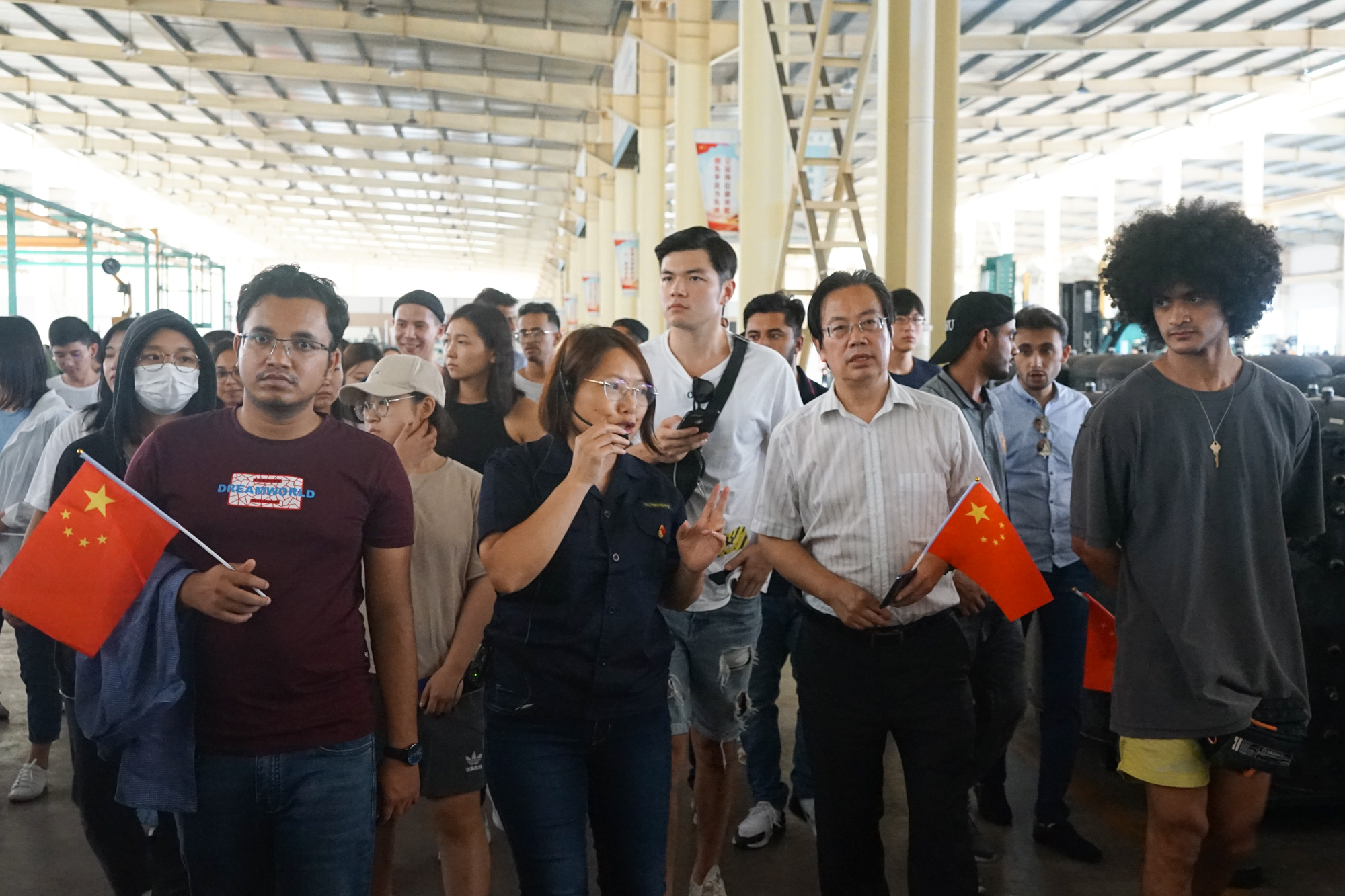
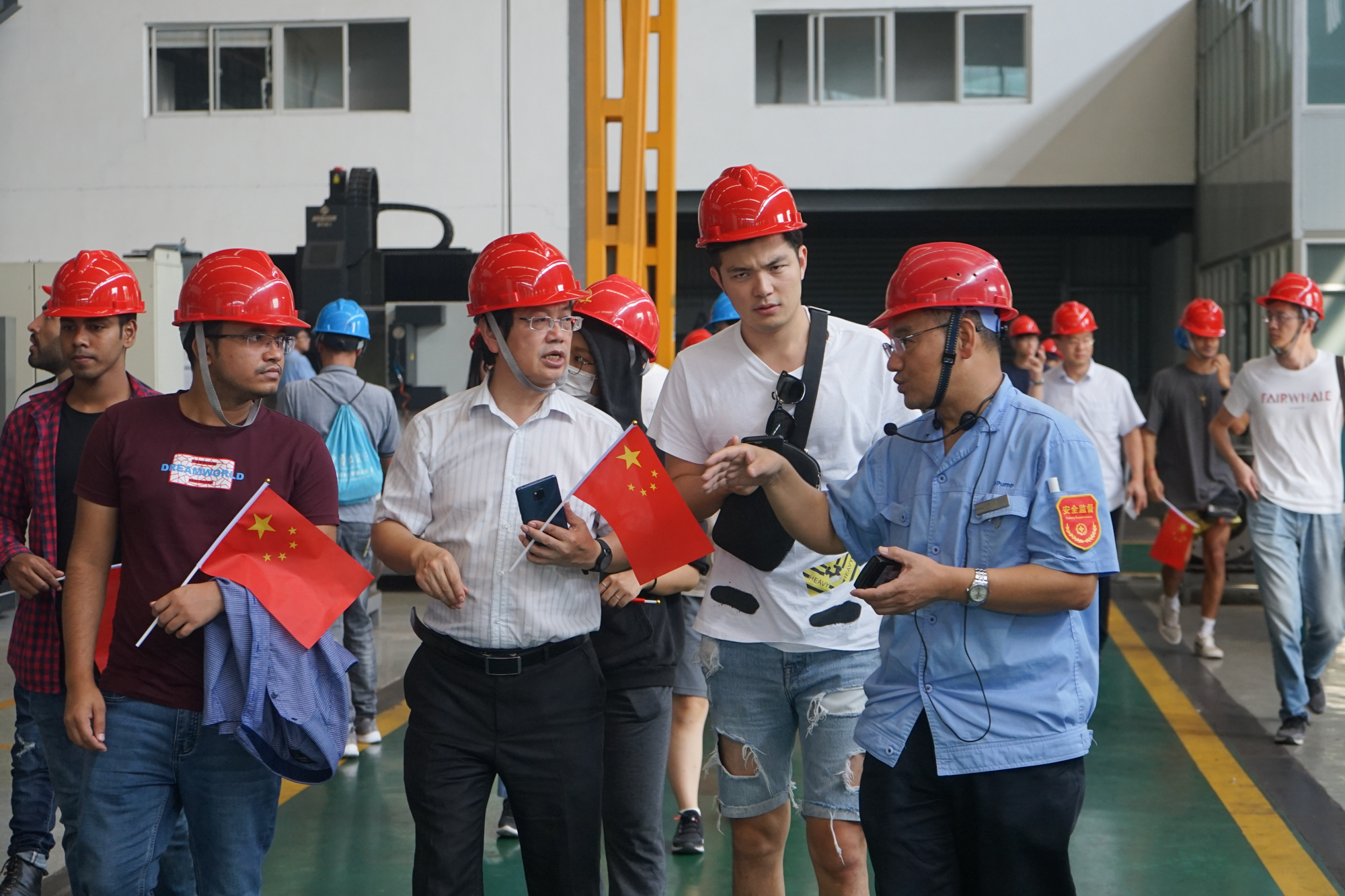
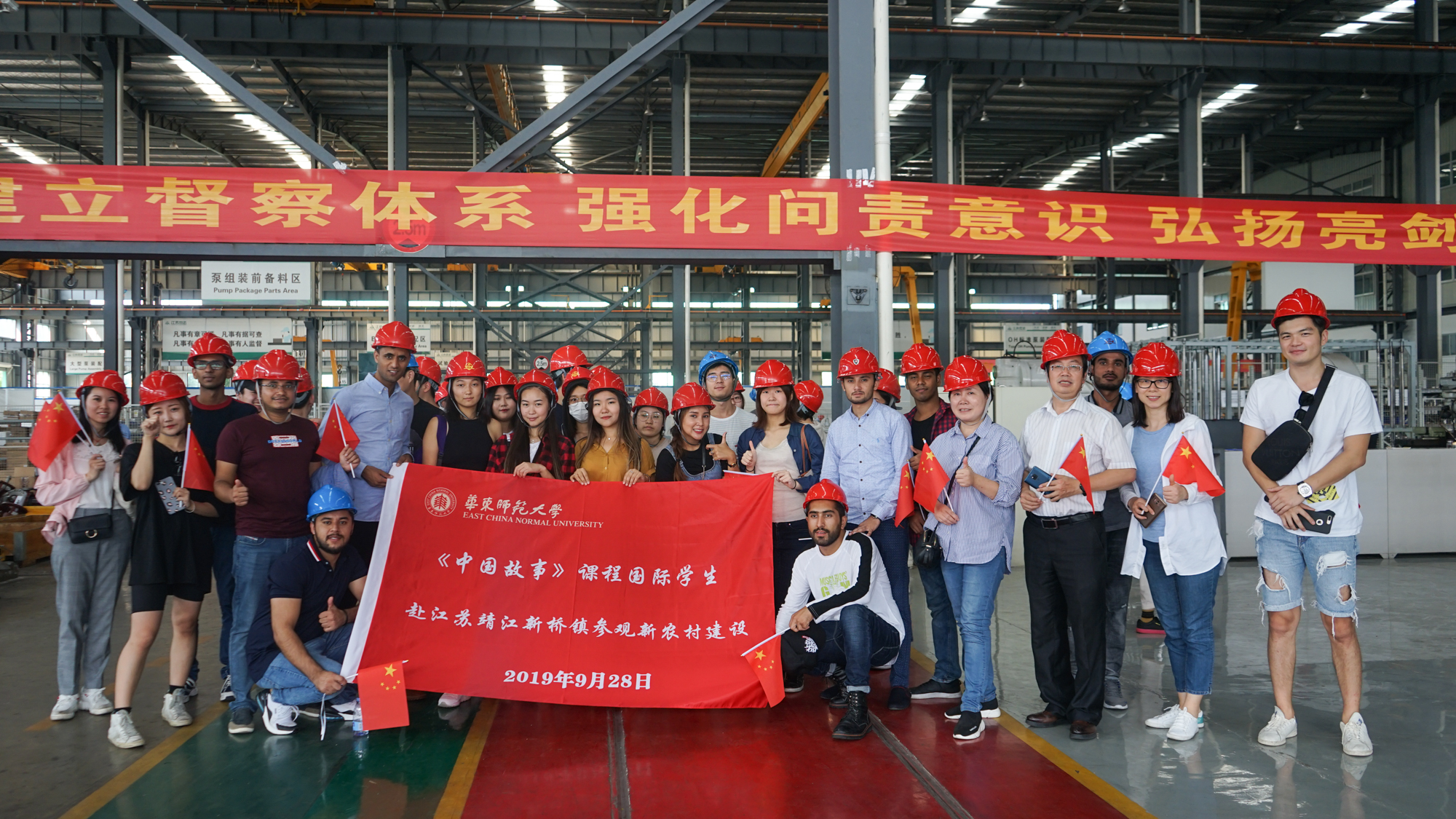
These students visit Jiangsu Shuangda Industrial Park and the factory of Jiangsu Guangmang New Energy Co. Ltd.
Next, the trip to Jiangsu Shuangda Industrial Park and the factory of Jiangsu Guangmang New Energy Co. Ltd. excited the students with its first-class machinery equipment, healthy company culture and passionate workers. Jiangsu Guangmang New Energy Co. Ltd is a national leader in the industry, and yet it is a private company in China. Many of the students said this experience at the industrial park gave them a first-hand look at China’s modernization.
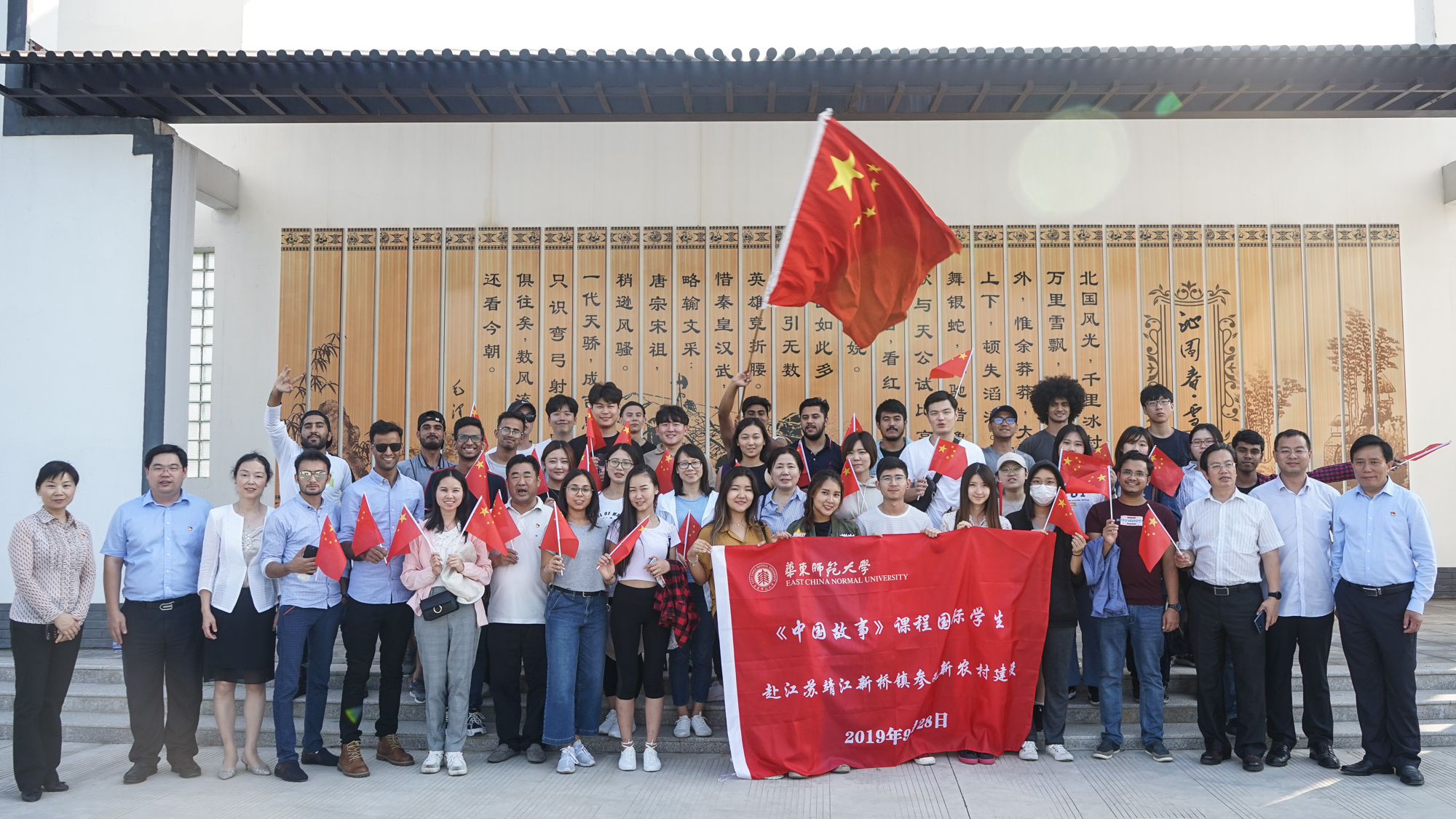
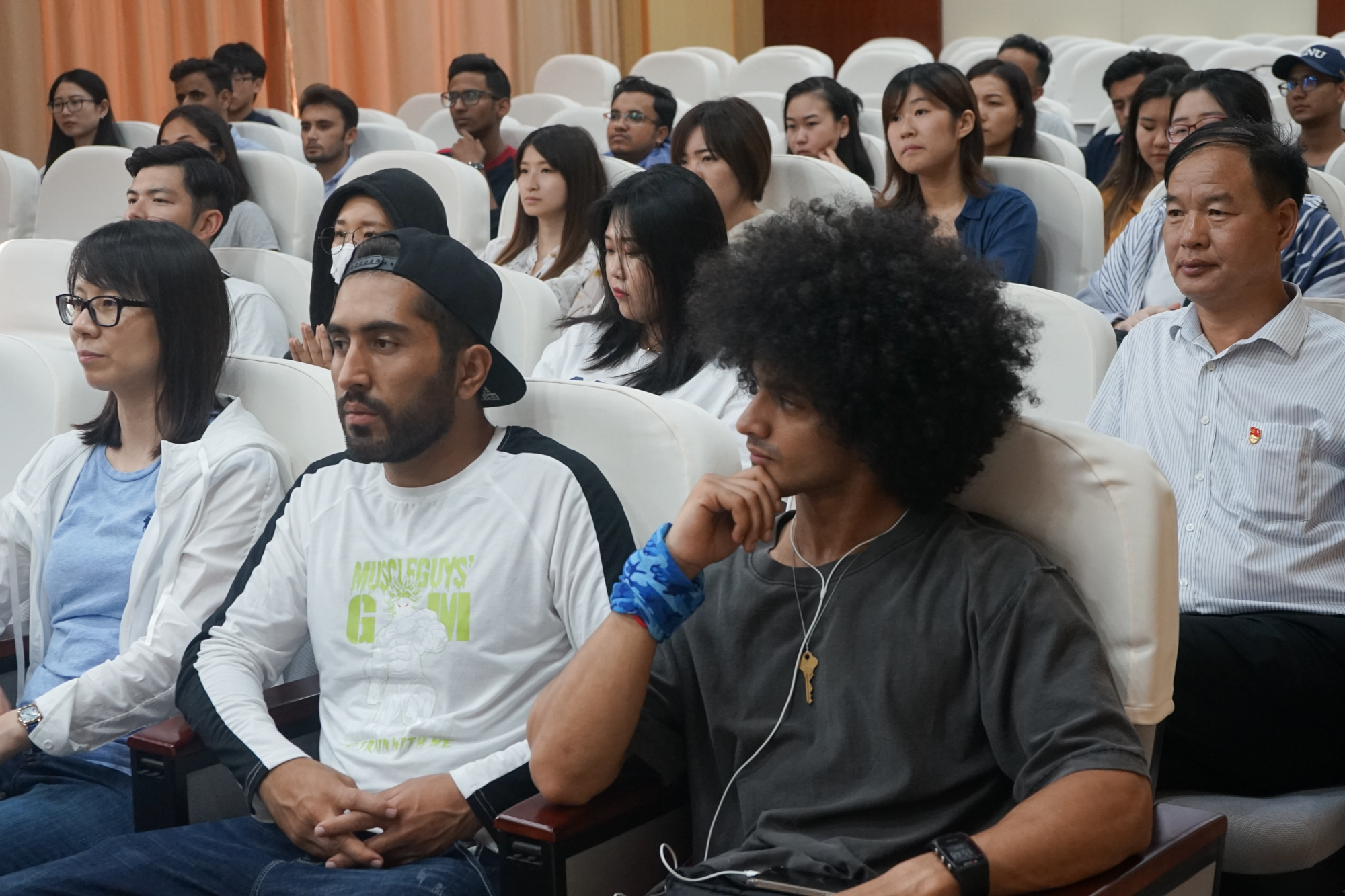
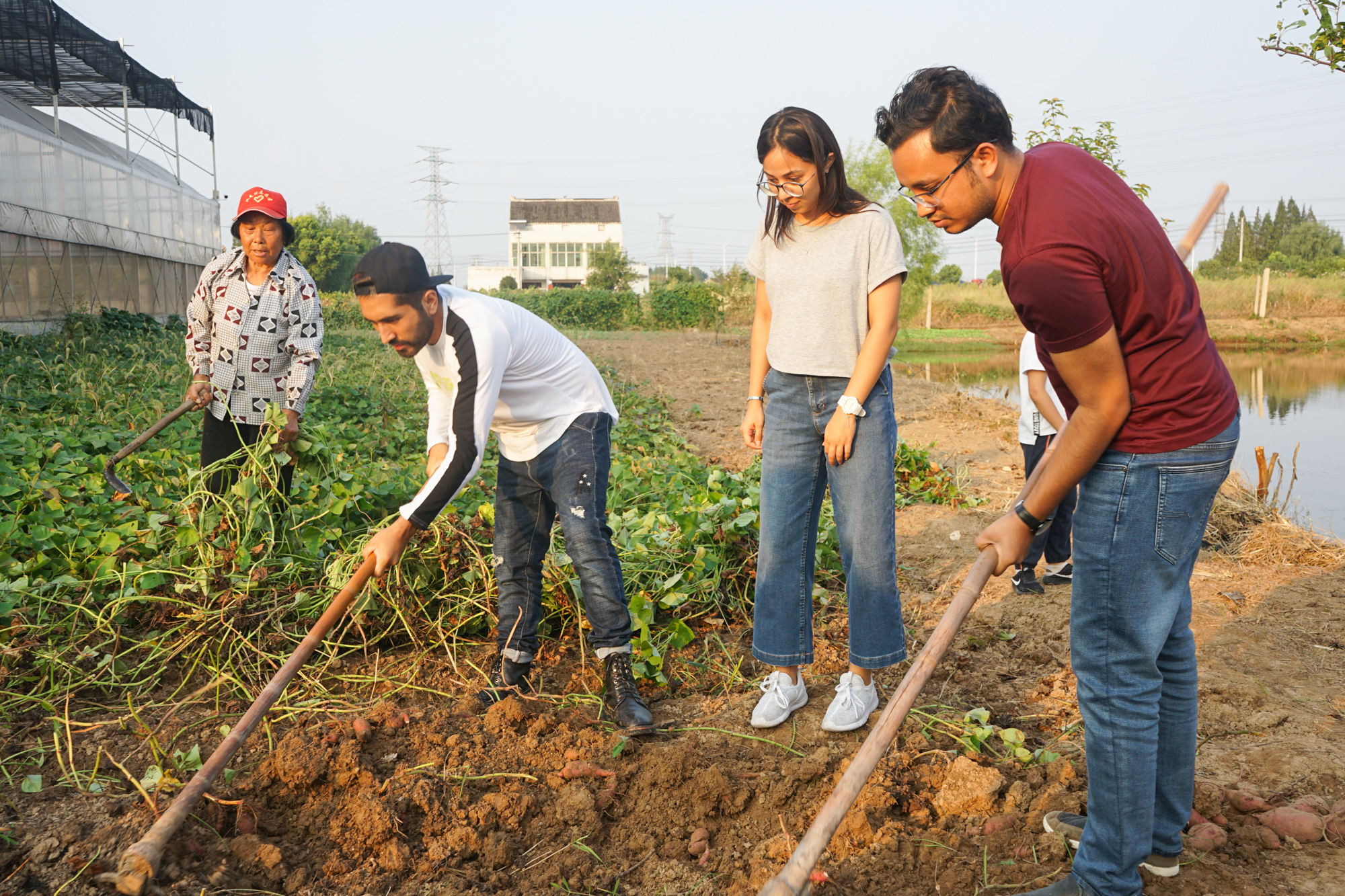
Students are at Xiaohua Village and Dengsheng Village.
At Xiaohua Village and Dengsheng Village, the students were able to interact with local farmers who gave them a tour of their beautiful townhouses. The local farmers also showed them proper techniques to dig sweet potatoes. Afterwards, while most of the students admired the beautiful scenery, some of the others noticed the slogans all over the villages that read "If agriculture is strong, China will be strong; If the countryside is beautiful, China will be beautiful; If farmers are rich, China will be rich."
One of the Korean students gave her opinion on the trip. I learned a lot today, said Huizhen. It never occurred to me that rural
Moli, a native of Kazakhstan, had a more personal connection to China. The first time I knew about China was through the Chinese characters and posters I saw in my father's company, said Moli. It is my first trip to China's countryside. It’s so beautiful here. People are wealthy. Now I realize that it is a bias that most parts of rural
I cannot believe what I've seen here. The area is well developed, not to mention the luxury homes of the farmers, said Ni Lan of Uzbekistan.
Mu Yan, a student from Pakistan, said the tour inspired hope for his own country. Although it is very rural, the environment here is excellent. Residents live a modern lifestyle with running tap-water, and round-the-clock power supply. I've been to the countryside of many other countries. In some of those countries, for instance, people in the rural areas either live in darkness or suffer from frequent power-outages. Some countries even have to collect rainwater as the only source of clean water. I think the development of China's rural areas is worth learning for my own country.
Edited by Linlan Zhang Proofread by Joshua Mayfield Reviewed by Wenjun Guo
